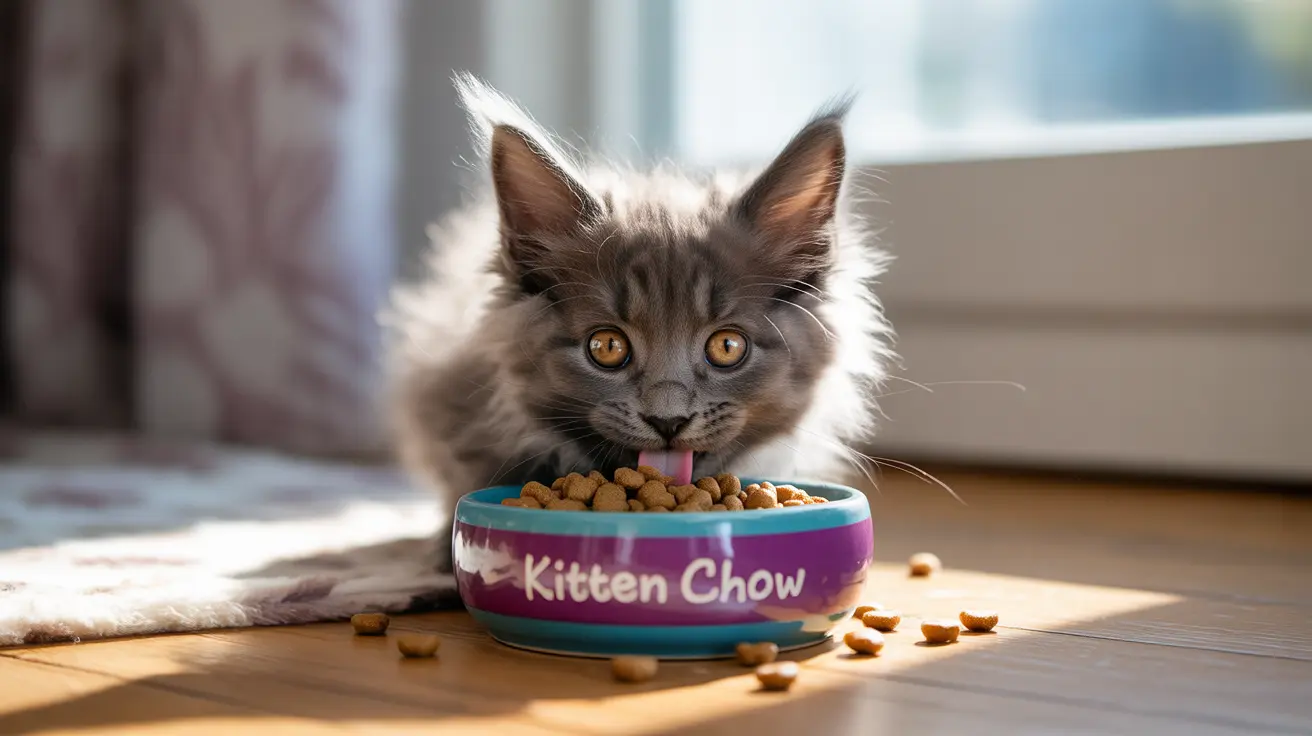The Caloric Difference Between Kitten and Adult Cat Food
Kitten food is indeed higher in calories than adult cat food, and for good reason. Growing kittens require approximately twice the caloric density per pound of body weight compared to adult cats to support their rapid development and high energy needs. This increased caloric content is essential for healthy growth, brain development, and the formation of strong bones and muscles.
Understanding these nutritional differences is crucial for pet parents to ensure their growing kittens receive proper nourishment during their critical developmental stages. Let's explore why kittens need these extra calories and how their nutritional needs differ from adult cats.
Why Kittens Need More Calories
Kittens are in a state of rapid growth and development during their first year of life. Their bodies are constantly building new tissue, developing organs, and forming strong bones and teeth. This intense growth period requires significantly more energy than adult cats need for basic maintenance.
During the first few months of life, kittens can triple or quadruple their birth weight, requiring substantial caloric intake to fuel this dramatic growth. Their higher metabolism and increased physical activity also contribute to their elevated caloric needs.
Essential Nutrients in Kitten Food
Protein Requirements
Kitten food contains higher protein levels, typically around 30-35% compared to 26-30% in adult cat food. This extra protein supports muscle development, tissue repair, and proper immune system function. The protein in kitten food is also more digestible and contains specific amino acids crucial for growth.
Fat Content
The fat content in kitten food is notably higher, providing concentrated energy and essential fatty acids. These fats are particularly important for brain development, cell structure, and the absorption of fat-soluble vitamins.
Transitioning to Adult Cat Food
As kittens approach maturity around 12 months of age, their caloric needs naturally decrease. This is when a gradual transition to adult cat food becomes necessary to prevent excessive weight gain and maintain optimal health.
The transition should occur over 7-10 days, slowly mixing increasing amounts of adult food with decreasing amounts of kitten food. This gradual change helps prevent digestive upset and ensures a smooth dietary transition.
Frequently Asked Questions
Is kitten food higher in calories than adult cat food, and why does this matter?
Yes, kitten food contains significantly more calories than adult cat food to support rapid growth and development. This higher caloric content is essential for proper physical development, brain function, and energy levels during the first year of life.
What are the key nutritional differences between kitten food and adult cat food?
Kitten food contains higher levels of protein, fat, and essential nutrients like DHA for brain development. It also has increased levels of calcium and phosphorus for bone growth, and more vitamins and minerals to support overall development.
When and how should I transition my kitten from kitten food to adult cat food?
Transition your kitten to adult cat food around 12 months of age. Make the switch gradually over 7-10 days by slowly mixing increasing amounts of adult food with decreasing amounts of kitten food.
Can adult cats eat kitten food, and what are the potential risks or benefits?
While adult cats can eat kitten food occasionally, regular consumption can lead to weight gain and obesity due to its higher caloric content. However, it may be beneficial for pregnant cats, nursing mothers, or underweight cats under veterinary supervision.
How does the kibble size and texture differ between kitten food and adult cat food?
Kitten food typically features smaller, softer kibble pieces (4-6mm) designed for smaller mouths and developing teeth. Adult cat food has larger, crunchier kibble (9-11mm) that helps maintain dental health.
Conclusion
Understanding the higher caloric content and specialized nutritional profile of kitten food is essential for raising a healthy cat. While the increased calories are crucial during the growth phase, it's equally important to transition to appropriate adult cat food when the time comes. Always consult with your veterinarian about your kitten's specific nutritional needs and the best timing for dietary transitions.






